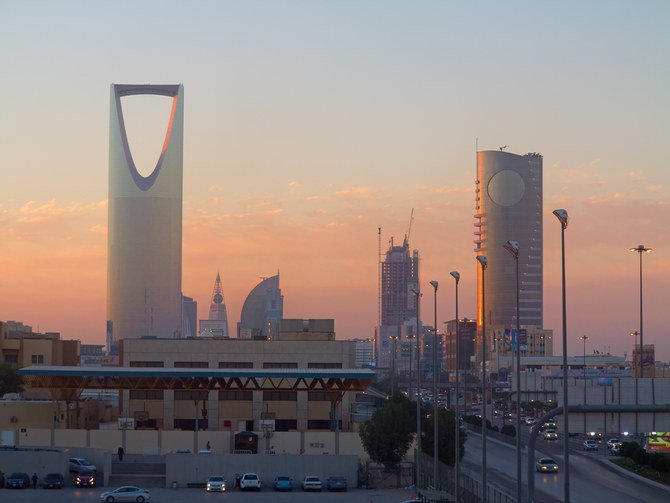RIYADH: Saudi Arabia’s non-oil private sector continued its growth momentum as the Kingdom’s Purchasing Managers’ Index hit 56.6 in August, a business tracker revealed.
According to the latest Riyad Bank Saudi Arabia PMI report, compiled by S&P Global, the month of August witnessed an improvement in operating conditions across the Kingdom’s non-oil private sector.
Saudi Arabia’s index, however, dipped slightly in August, as the Kingdom secured a PMI of 57.7 in July.
Any PMI readings above the 50 mark show non-oil private sector growth, while those below 50 signal contraction.
“The Kingdom’s non-oil activities have managed to expand despite the continuous challenges arising from input prices and the high interest rates,” said Naif Al-Ghaith, chief economist at Riyad Bank.
He added: “Tighter monetary policy dampens consumption and investment, reducing demand for consumer and business products. However, the non-oil economy has not displayed much of the tighter monetary policy symptoms.”
Strengthening the non-oil business sector has been a crucial agenda for Saudi Arabia since the launch of Vision 2030, as the Kingdom’s economy, which has been dependent on oil for several decades, is currently on a path of diversification.
The report, however, noted that the rate of expansion in new business inflows also eased, slowing for the second month running from June’s multi-year high.
Moreover, some companies who took part in the survey said that an increase in the number of market competitors had harmed growth, while a slowdown in export sales was also recorded.
“The Vision (2030) has attracted and is continuing to attract foreign firms to enter the market. It is expected to increase the level of competition and enhance services and products deliveries,” said Al-Ghaith.
He added: “The higher level of competition made firms increase the quantity and stocks of purchases. Unemployment is expected to fall with firms attracting talent and marketing staff.”
The report went on to say that employment levels in the non-oil economy rose solidly in August, with the rate of job creation picking up from July, driven by the creation of new businesses in the Kingdom.
“Both employment and wages continue to increase in response to firms’ expansions. However, the pace of staff cost inflation was notably slower than that of purchasing costs,” explained Al-Ghaith.
Source: Arab News



